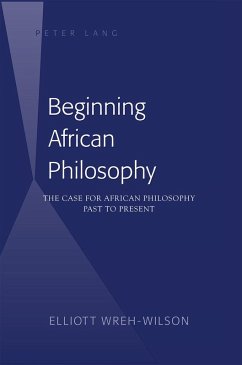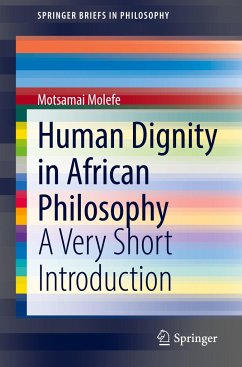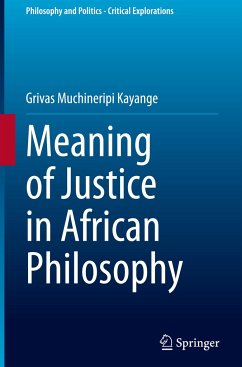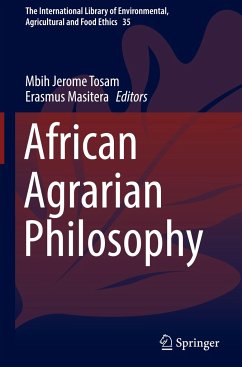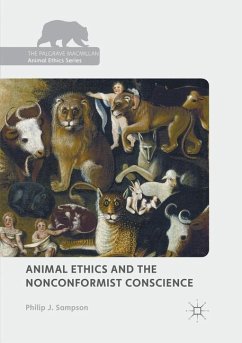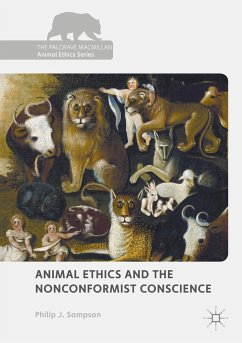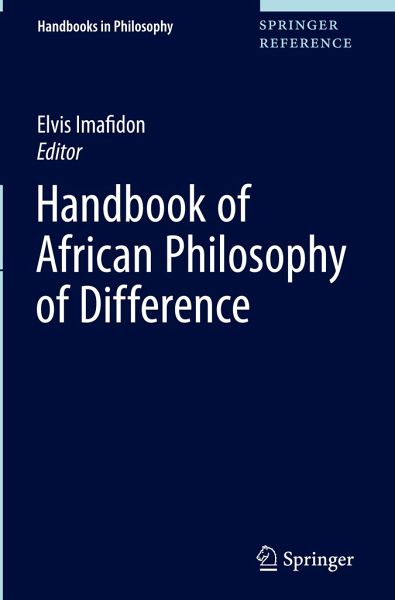
Handbook of African Philosophy of Difference
Versandkostenfrei!
Versandfertig in 6-10 Tagen
228,99 €
inkl. MwSt.

PAYBACK Punkte
114 °P sammeln!
This handbook explores essential philosophical questions about the experience of difference and the other in African societies. The contributions go beyond a mere discussion of empirical manifestations. They offer a critical analysis of, among other things, the very nature and essence of difference that makes such manifestations possible. Coverage examines the philosophical basis for the African contexts of gender differences, bodily differences and disability; racial, religious, and cultural differences; xenophobia and xenophilia; and issues of the otherings of non-human beings from human bei...
This handbook explores essential philosophical questions about the experience of difference and the other in African societies. The contributions go beyond a mere discussion of empirical manifestations. They offer a critical analysis of, among other things, the very nature and essence of difference that makes such manifestations possible. Coverage examines the philosophical basis for the African contexts of gender differences, bodily differences and disability; racial, religious, and cultural differences; xenophobia and xenophilia; and issues of the otherings of non-human beings from human beings.
These insightful analyses detail the ontological, epistemological, and moral foundations of difference and alterity in African societies, both traditional and modern. Readers will gain a deeper understanding into such questions as: What value is placed on the other in African societies? What is the ethics and burden of care for those considered different in African societies? What role does language play in the othering of the other in African societies? What is the nature and challenges of the alleged White-Black difference.
This exploration offers a vital contribution to the philosophy of difference. It not only shows the importance of place in such theorization. It also contributes significantly to African philosophical discourse. This handbook will interest both undergraduate, postgraduate students, and researchers in such fields as African studies/philosophy, identity, racism and alterity studies in sociology, feminism and LGBT studies.
These insightful analyses detail the ontological, epistemological, and moral foundations of difference and alterity in African societies, both traditional and modern. Readers will gain a deeper understanding into such questions as: What value is placed on the other in African societies? What is the ethics and burden of care for those considered different in African societies? What role does language play in the othering of the other in African societies? What is the nature and challenges of the alleged White-Black difference.
This exploration offers a vital contribution to the philosophy of difference. It not only shows the importance of place in such theorization. It also contributes significantly to African philosophical discourse. This handbook will interest both undergraduate, postgraduate students, and researchers in such fields as African studies/philosophy, identity, racism and alterity studies in sociology, feminism and LGBT studies.




